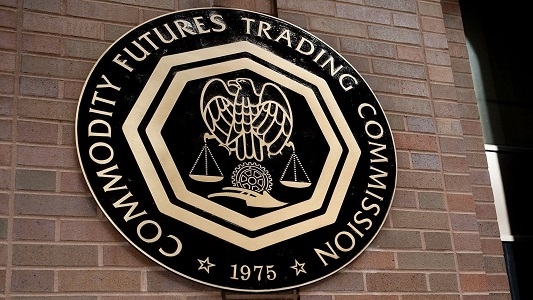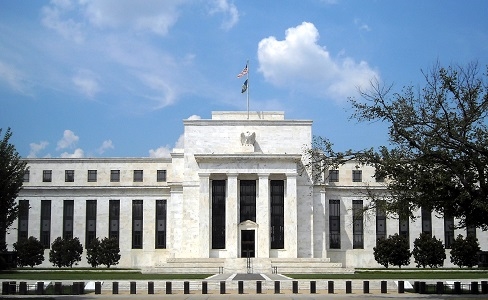No let-up in SFT transparency drive

The drive towards greater transparency across the securities finance market will be one of the few areas where financial policy moves forward without disruption, experts claim.
Banks, broker-dealers and investment houses face an uncertain era under the Trump administration, which is threatening to dismantle existing rulebooks in the US - including parts of Dodd-Frank.
Meanwhile Brexit has added to the lack of regulatory clarity for global market players; particularly as London, Europe’s financial capital, looks like it will no longer be bound by EU legislation.
However, efforts to shed more light on securities finance trades (SFTs) will continue unabated, according to one of State Street's top regulatory experts.
“Achieving transparency across securities lending, repo and derivative markets remains critical to regulators on both sides of the Atlantic,” said Glenn Horner, speaking at an RMA event in New York this week hosted by law firm Debevoise & Plimpton.
“It looks to be one of a few areas where regulators in their respective regions will remain steadfast and the market can try to move forward.”
Horner's legal responsibilities at Boston-based State Street cover agency securities lending, custody and equity derivatives on a global basis.
As a result, he is keeping a close eye on SFTR in Europe, which will force firms to report SFTs to trade repositories from 2018.
Information on parties involved in a trade, principal amount, currency, collateral assets, repo rate, lending fee, margin lending rate, haircut and maturity date are all required.
A final draft of the complex regulatory technical standards is expected within the next couple of months after delays occurred at the end of 2016.
SFTR, according to Horner, looks “onerous” when compared to the US approach of collecting data on exposures.
“European market participants have expressed concern over the time consuming nature of SFTR, as well as the associated technical complexity and costs," he added.
"In addition, the technology budgets of US banks operating in Europe are heavily linked to the US. This may need to be adjusted with SFTR."
US and European regulators have argued that a paucity of securities finance data prevented them from fully identifying and responding to certain vulnerabilities during the 2007-09 financial crisis.
Meanwhile, officials at FSB - who co-ordinate global regulation - are keen on collecting securities finance data worldwide to form a global standard.
“This looks unlikely given the current political climate and potentially weaker international cooperation,” Horner added.
"Even so, SFT transparency across regions will continue to increase."
Found this useful?
Take a complimentary trial of the FOW Marketing Intelligence Platform – the comprehensive source of news and analysis across the buy- and sell- side.
Gain access to:
- A single source of in-depth news, insight and analysis across Asset Management, Securities Finance, Custody, Fund Services and Derivatives
- Our interactive database, optimized to enable you to summarise data and build graphs outlining market activity
- Exclusive whitepapers, supplements and industry analysis curated and published by Futures & Options World
- Breaking news, daily and weekly alerts on the markets most relevant to you




